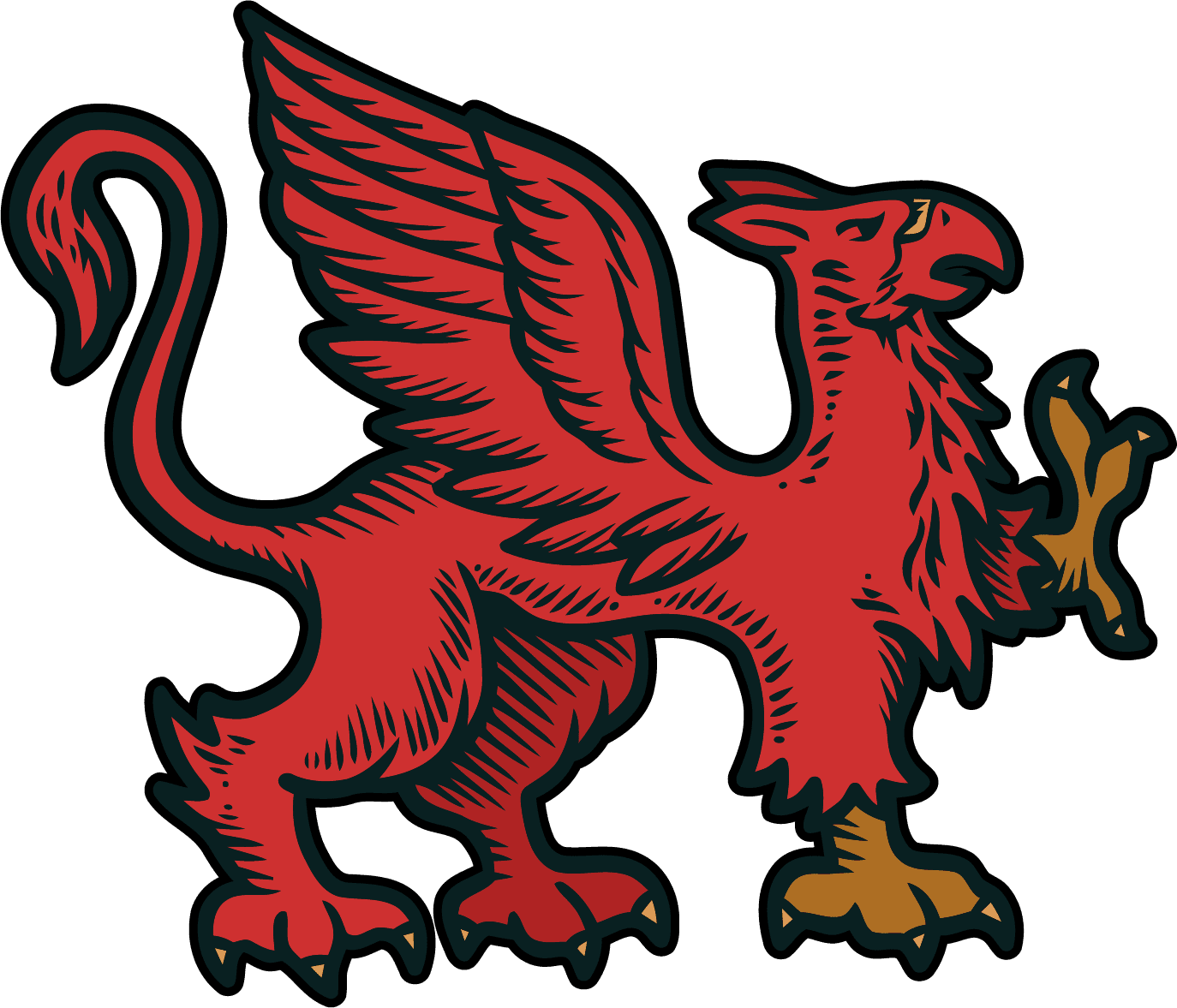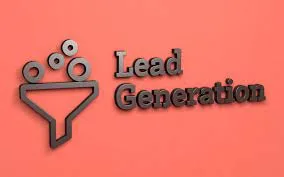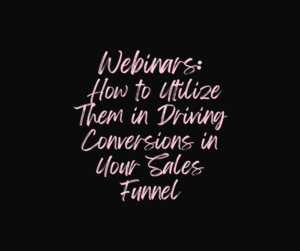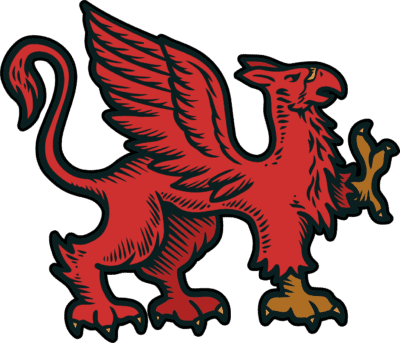Email Marketing and Automation in Your Sales Funnel: Maximizing Conversions and Engagement
Email marketing remains a cornerstone of successful sales funnels, allowing businesses to connect with their audience, nurture leads, and drive conversions. When coupled with automation, it becomes a powerful tool for delivering targeted and personalized content at scale. In this guide, we’ll explore the significance of email marketing, content marketing, the role of automation, and strategies to optimize their effectiveness within your sales funnel.
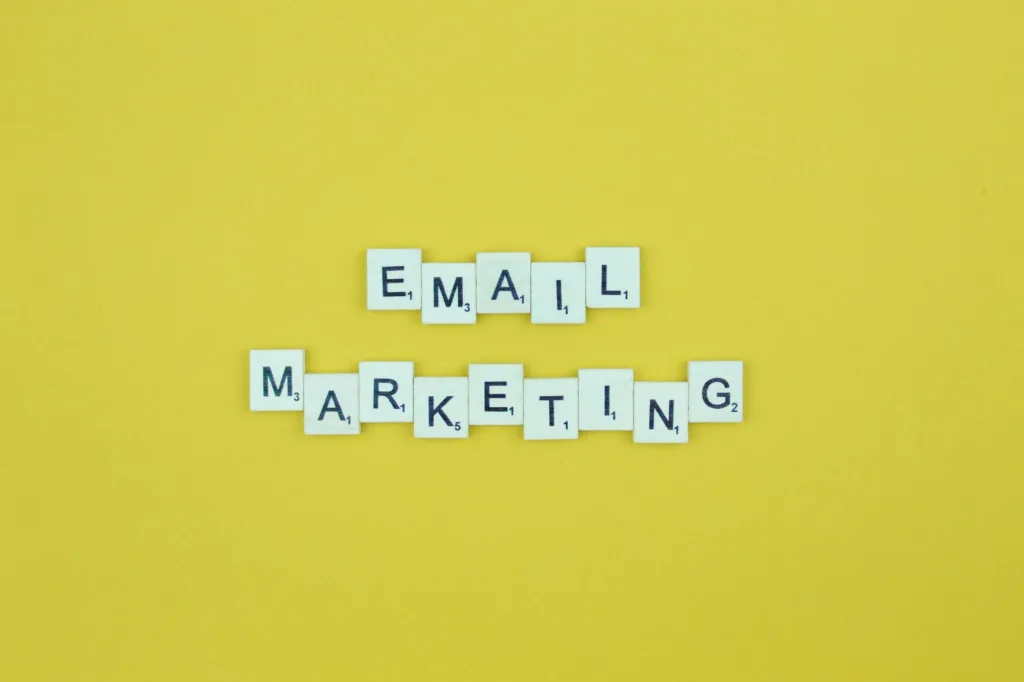
Importance of Email Marketing in the Sales Funnel
Email marketing serves multiple crucial roles in the sales funnel:
- Building Relationships: Emails provide a direct line of communication with your audience, enabling you to build and nurture relationships over time.
- Lead Nurturing: Email sequences allow you to guide leads through the sales funnel by delivering relevant content based on their stage in the buying journey.
- Conversions and Sales: Well-crafted emails can drive conversions by presenting offers, sharing valuable content, or highlighting product/service benefits.
- Customer Retention: Post-purchase emails help in retaining customers, encouraging repeat purchases, and fostering brand loyalty.
Leveraging Automation for Efficiency and Personalization
Email automation streamlines the process of sending targeted messages to segmented audiences without manual intervention. It allows for:
- Segmentation: Divide your audience into segments based on demographics, behavior, or interactions. This enables personalized content delivery tailored to specific groups.
- Workflow Automation: Set up automated workflows triggered by specific actions or events. For instance, welcome series for new subscribers, abandoned cart reminders, or re-engagement campaigns for inactive subscribers.
- Behavior-Based Triggers: Automate emails based on user behavior, such as clicks, opens, or website visits. This ensures timely and relevant communication, enhancing engagement.
- Lead Scoring and Nurturing: Use automation to assign scores to leads based on their interactions. This helps prioritize leads and tailor content accordingly for effective nurturing.
Strategies for Effective Email Marketing in the Sales Funnel
1. Personalization:
Personalize emails based on recipient data, such as name, preferences, or purchase history. Personalized emails tend to have higher engagement rates.
2. Segmentation:
Segment your email list to deliver targeted content. Group subscribers based on interests, behavior, or demographics to send relevant messages.
3. Engaging Content:
Create valuable, engaging, and varied content—educational, promotional, and entertaining—to keep subscribers interested and eager to open your emails.
4. Automation Sequences:
Develop automated sequences for various stages of the sales funnel. Welcome series, educational content, product demos, and post-purchase follow-ups help guide leads through the funnel.
5. A/B Testing:
Regularly test different elements of your emails—subject lines, CTAs, content—to optimize performance. A/B testing provides insights into what resonates best with your audience.
Tools for Email Marketing and Automation
Several tools and platforms can assist in executing successful email marketing and automation strategies:
- Mailchimp: A user-friendly platform suitable for beginners, offering email templates, segmentation, and automation features.
- HubSpot: Provides a comprehensive suite for email marketing, CRM, and automation. It offers advanced features for lead nurturing and behavior-based triggers.
- ActiveCampaign: Known for its powerful automation capabilities, allowing for sophisticated workflows and personalized communication.
Conclusion
Email marketing coupled with automation is a vital component of a successful sales funnel. It enables businesses to engage, nurture, and convert leads efficiently while maintaining personalized communication with their audience.
By implementing segmentation, personalization, engaging content, and leveraging automation tools, businesses can create impactful email campaigns that drive conversions, retain customers, and foster long-term relationships with their audience.
Remember, the key to effective email marketing lies in delivering value, relevance, and consistency throughout the customer journey, ultimately contributing to the success of your sales funnel.
